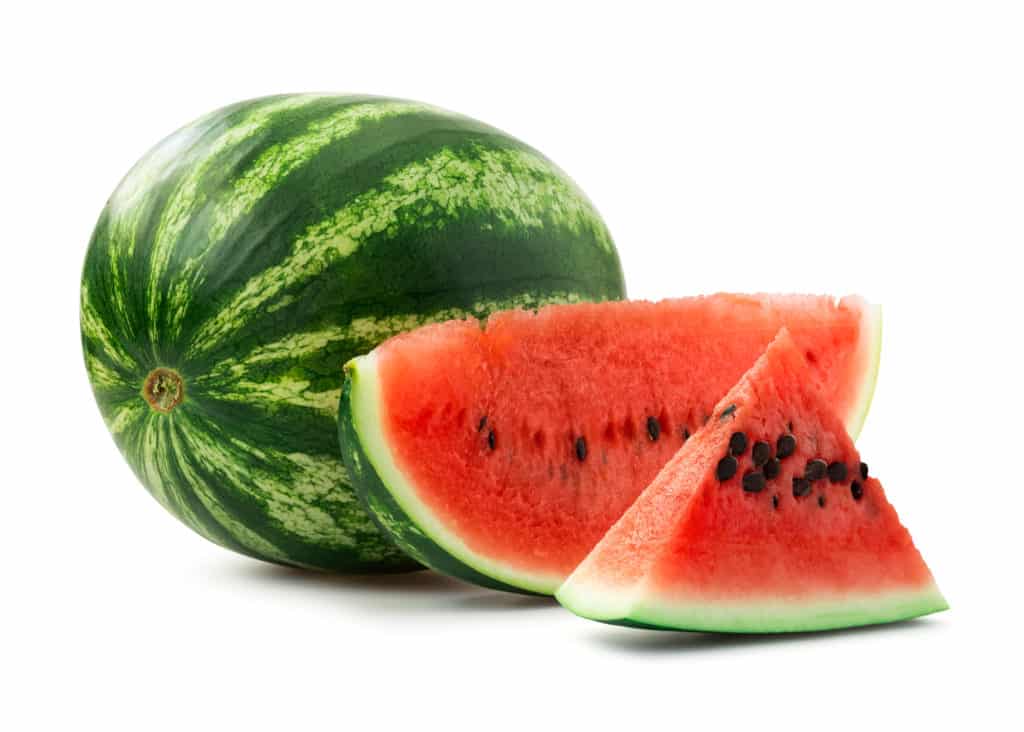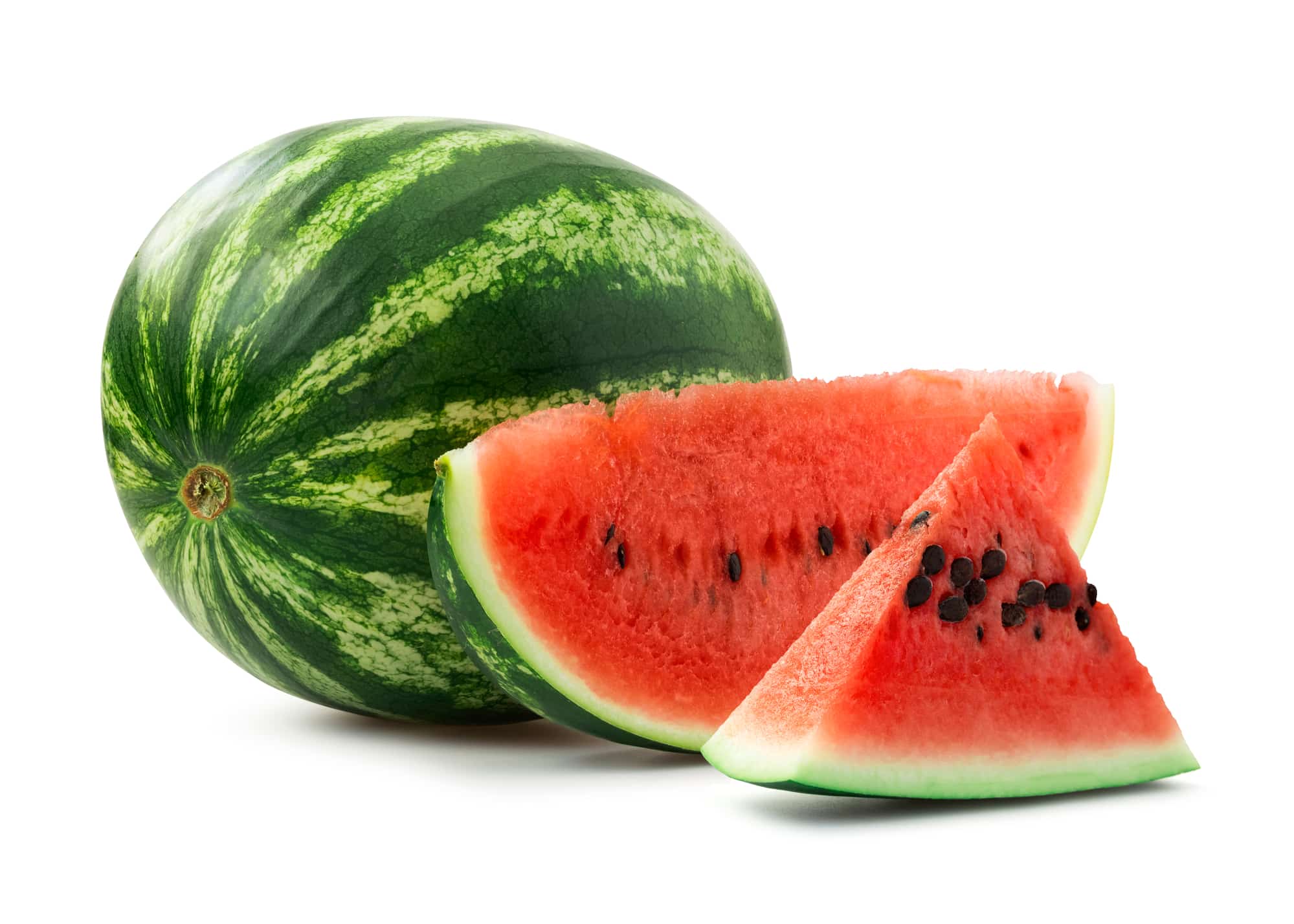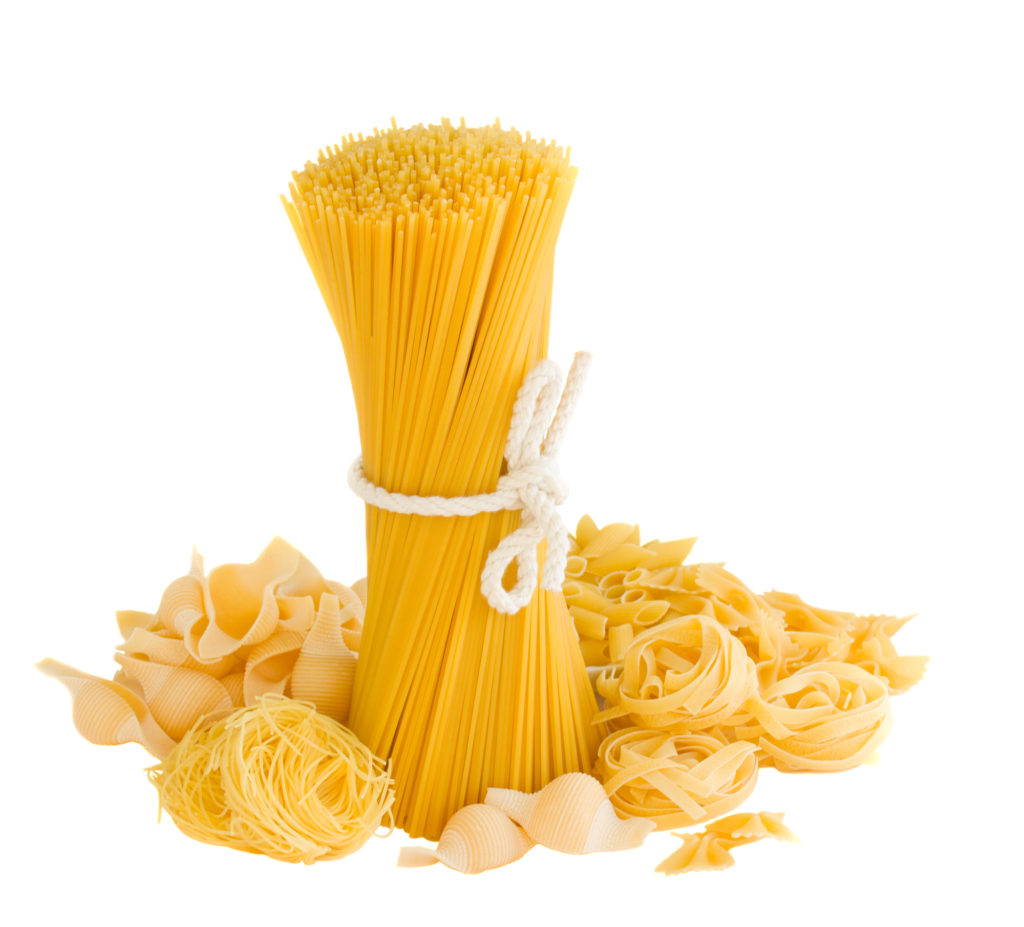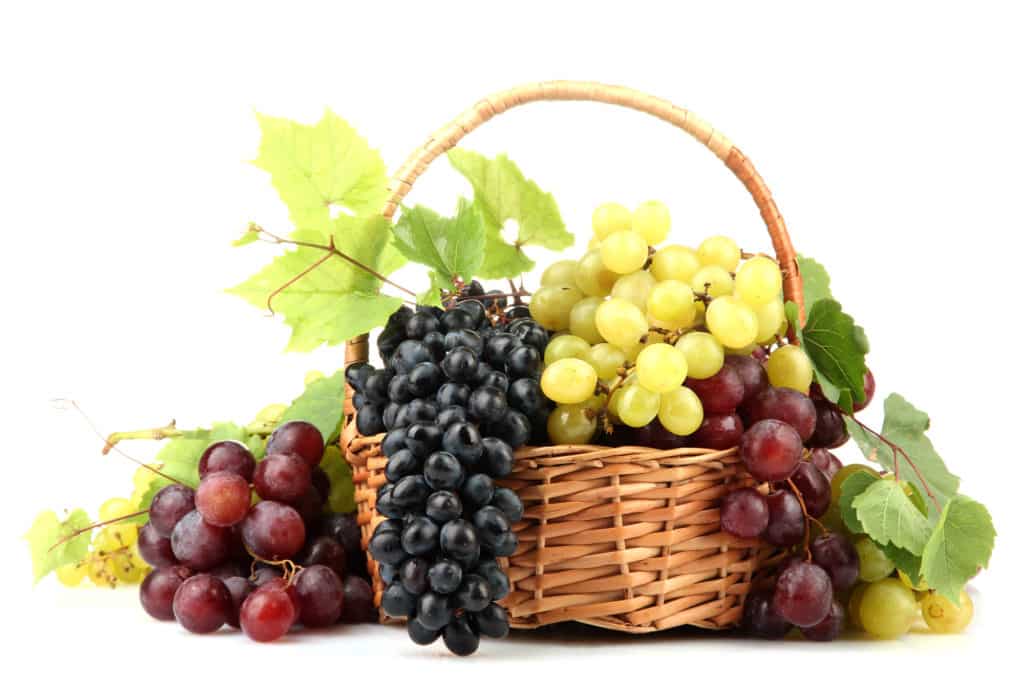“Watermelon is the chief of this world’s luxuries, king by the grace of God over all the fruits of the earth. When one has tasted it, he knows what the angels eat.” – Mark Twain
(Source: University of Missouri)
Well, I am not going to argue with Mark Twain here. Because I, too, am fond of watermelon. For me, the love started when I was a kid. Back then, we used to have our final exams for each grade in the month of March.
After spending a few days slogging hard to read everything we have been taught in a full year, we spend an excruciatingly painful 2 – 3 hours penning our worst memories down.
By the time my friends and I finished our exams, it would already be midday. The sun would be shining brightly. In the southern regions of India, where I hail from, temperatures could go up to 107°F in March. So, even after finishing the arduous task of completing an exam, we cannot rejoice. For waiting outside was the scorching hot climate that would suck all the water out of us in minutes. Our only relief was the roadside shop outside our school which sold watermelons. Well, technically, it was not a shop; it was just a vehicle – a 2m x 1m wooden board over four bicycle wheels.
But what a sight it was! How happy we became when we realized that the watermelon shop was open that day too.
The shopkeeper would take a watermelon, cut it into several pieces, sprinkle a mixture of salt and pepper on it, and give each of us a piece. And with each bite we took off that piece, we would feel the fatigue melting away from our bodies.
Most people would feel the same when they take a bite out of a watermelon. And if you own a hamster, I am sure that you would want to share your joy with your furry friend.
But owning a pet is not just a joy; it is a great responsibility too – the responsibility to feed the right food, provide the right living conditions, etc. So, whenever you look at something tasty in a supermarket, instead of purchasing it directly, you end up wondering if your hamster can eat it.
Is watermelon one of those tasty treats that you wanted to feed your hamster but ended up wondering, “Can hamsters eat watermelon? How much watermelon can my hamster eat? What are the risks that I should be aware of?”
If that’s the case, you don’t have to worry anymore. In this guide, you will find answers to all your questions about feeding watermelon to your furry friend.
Watermelon
Origin
Just like cucumber (Read Can hamsters eat cucumbers?) and Zucchini (Read Can hamsters eat zucchini?), watermelon belongs to the Cucurbitaceae family.
Five thousand years ago, in the parched, arid deserts of southern Africa, a drought-tolerant, tough ancestor of the watermelon thrived. But it tasted bitter. But plant breeders cross-bred it with other plants and eventually, it became sweet. From there, it spread to Egypt (more than 4,000 years ago), then to India (7th century), and finally to China (10th century). It reached the Iberian peninsula (where Spain and Portugal are) by the 13th century. Then, in the 16th century, it reached the Americas, thanks to European colonialism and the African slave trade.
Nutritional content in watermelon
There are a lot of vital nutrients in watermelon that your hamster’s body requires. So, it is a great treat for hamsters.
Below, you can find the amount of different nutrients 100g of watermelon contains. These values are only for reference. The exact amount of nutrients in 100g of watermelon might vary.
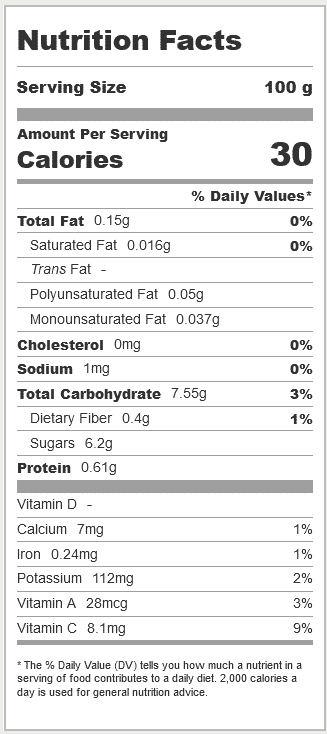
Source: Fatsecret
How much watermelon can a hamster eat?
The commercial food (for hamsters) sold in stores contains most of the nutrients needed to keep your hamster healthy. But you can make your hamster’s diet tastier and more nutritious by adding some fresh foods once in a while. A balanced diet should consist of varied food items – Fresh fruits, vegetables, hamster pellets, hay, etc. So, by adding watermelon to your hamster’s diet, you can keep him healthy.
But how much watermelon can different breeds of hamsters eat? Continue reading to find out.
Can Chinese dwarf hamsters eat watermelon?
Yes, they can. But as the name indicates, they are one of the smallest hamster species you would find in any pet store. So, they cannot eat as many pieces of watermelon as the other species. And since the sugar content in watermelon is higher than many other fruits, you should not feed watermelon every day to your Chinese hamster. You can only feed a very tiny piece of watermelon once a week.
Can Campbell dwarf hamsters eat watermelon?
Yes, they can. But just like Chinese hamsters, Campbell hamsters are small hamsters. So, feed them a very tiny piece of watermelon once a week.
Can Russian dwarf hamsters eat watermelon?
Yes, they can. Also known as Winter White hamsters, Russian dwarf hamsters are small creatures. So, you can only feed them a very tiny piece of watermelon once a week.
Can Roborovski hamsters eat watermelon?
Yes, they can. But they are the smallest hamster species whose bodies have evolved to survive in places where there is very little water. So, fruits like watermelon that are rich in water can give them diarrhea. Therefore, they shouldn’t eat watermelon that often. You can give them a tiny piece of watermelon every two weeks. But it would be best if you first cut it into smaller pieces. Then add one of these smaller pieces to your hamster’s meal on any given day. But don’t add them to your Roborovski hamster‘s diet every day.
Can Syrian hamsters eat watermelon?
Yes, they can. Syrian hamsters are the largest hamsters. So, they can eat a teaspoon-size of watermelon every week (Source: Petkeen). But you should not feed it all in one single meal. Instead, you should cut it into smaller pieces and distribute them throughout the week.
Things to watch out for
Can hamsters eat watermelon seeds?
Watermelon seeds are highly nutritious. They contain protein, minerals, phytosterols (reduce cholesterol absorption), carotenoids (antioxidants), and Vitamin E.
However, they also contain an acid called phenolic acid. Phenolic acid and its compounds act as carcinogens. So, even at low concentrations, they can cause damage to red blood cells and the liver (Source: In tech open). Moreover, watermelon seeds also contain a very small quantity of cyanide (Source: The whole portion).
But the quantity of phenolic acid and cyanide in a single watermelon seed is so insignificant that if you swallow a couple of seeds, you should be fine. But it is not the case for pets, which are considerably smaller in size than humans. Even for cats, which are far bigger than hamsters, watermelon seeds can be poisonous (Source: Pawlicy).
So, watermelon seeds can be toxic to your little hamster. In addition to that, there is the risk of your hamster choking on watermelon seeds as well. Watermelon seeds could even scratch your hamster’s cheek pouches. Therefore, don’t feed watermelon seeds to your hamster since it could cause multiple health issues.
Can hamsters eat watermelon rind?
The rind is the tough green skin of the watermelon. Even though we almost always throw away the watermelon rind, watermelon’s skin is also edible (like that of a cucumber). So, you can feed it to your hamster. But wash it in warm water thoroughly to remove any traces of pesticide.
Can hamsters eat frozen or cold watermelon?
Yes, they can. But make sure you thaw the piece of watermelon properly so that it isn’t too cold for your hamster. You can take the small piece of watermelon in your hands and roll them in your palms for a couple of minutes. That is normally enough to thaw them. If you use an oven to heat it, though, make sure that the piece gets heated uniformly. Don’t feed it to your hamster yet if one side is too hot while the other side is still frozen.
Remember that fresh watermelon is not always more nutritious than frozen watermelon. Fresh fruits and vegetables are nutritious than frozen fruits only if you eat them within a few hours of picking them.
But it might take anywhere between 3 – 30 days for fresh fruits to reach the supermarket. During this time, these fruits might lose most of their nutritional value (Source: Verv). But frozen fruits are frozen immediately after being picked, during which time their nutritional value is the highest. So, many frozen fruits retain most of their nutritional content.
Moreover, many fresh fruits are picked before they are ripe so that they can ripen on the journey. And sometimes chemicals are sprayed on fruits to ripen them and to keep them fresh. But frozen fruits are picked when they are ripe and frozen immediately. So, frozen fruits might actually be healthier than fresh fruits. However, if they are processed before freezing, they, too, lose a lot of their nutritional value.
So, the fruits with the most nutritional value are the ones that you grow in your garden and the ones you directly purchase from a farm. So, if you can get a watermelon like that, it would offer the most nutritional value to your hamster.
Can hamsters drink watermelon juice?
Watermelon juice that you get in supermarkets can contain preservatives. Sugar might have also been added to make it taste sweeter. So, it is not as healthy as a small piece of watermelon. So, don’t give watermelon juice to your tiny friend.
Clean regularly
Remember that your furry friend is a little creature. So, he can have adverse reactions to spoiled food. Therefore, remove any uneaten pieces of watermelon in 24 hours.
Consult a vet
Even though this blog post offers you advice on all aspects regarding feeding watermelon to your hamster, it cannot substitute medical advice. So, if you are still not sure if your hamster can handle a small piece of watermelon occasionally, consult a veterinary doctor.
Can hamsters have watermelon? Is watermelon good for hamsters?
Yes, watermelon is safe for hamsters. All types of hamsters can eat them, but only in moderation.
Health benefits of watermelon
1. Watermelon is aptly named. Almost 92% of it is water. So, it keeps your hamster hydrated throughout the day. It is particularly helpful if your hamster doesn’t drink much water.
2. Due to its high water content, watermelon has few calories and very little sugar content. It is a low-calorie, low-fat fruit. So, it prevents your little pet from getting fat. After all, hamsters are creatures that love to run around and play most of the time. So, obesity is a condition that can make them unhealthy and reduce their life expectancy considerably.
3. Watermelon contains a small amount of fiber as well. While fiber keeps your hamster’s bowels regular, water makes the movement of waste through the digestive tract smoother. Thus, watermelon can improve digestion and prevent constipation in your hamster.
4. The red color of watermelon comes due to the presence of an antioxidant called Lycopene. Just like other antioxidants, Lycopene plays a major role in neutralizing free radicals. Free radicals are highly unstable molecules that need an electron to become stable. They can be created by the metabolic processes that happen in your hamster’s body or by external factors like air pollution, ozone, etc. Once created, free radicals try to steal an electron from your hamster’s body (cells, membranes, DNA, etc.). Thus, they can destroy the cells in your hamster’s body or create irreversible damage to them. Free radicals can speed up aging, cause autoimmune, genetic, and central nervous system diseases, and can even lead to certain types of cancers (Source: Medical News Today). But antioxidants prevent these from happening by donating an electron to free radicals.
5. Watermelon also keeps the heart of your hamster healthy. The Lycopene it contains could reduce cholesterol levels and blood pressure. Watermelon also contains an amino acid called Citrulline that may help in expanding the blood vessels, thereby reducing blood pressure.
6. Watermelon contains Vitamin A and Vitamin C. Both these vitamins play big roles in keeping your hamster healthy. While Vitamin A boosts your hamster’s vision and immunity, Vitamin C helps in the growth and repair of body tissues. They are also important for skin health (Source: Healthline).
7. According to a study done on rats, watermelon can help reduce inflammation (Source: National Library of Medicine). So, it could have the same effect on hamsters, which are rodents too.
Possible risks or side effects
1. Watermelon contains a lot of water, and water makes bowel movement smoother. So, if you feed too many pieces of watermelon to your hamster or feed it too often, it may cause diarrhea in your hamster. In hamsters, diarrhea could worsen and cause a condition (or disease) called the wet tail, which is deadly if not treated promptly. You can identify wet tail easily. If your hamster has wet tail, his tail will be wet most of the time with pieces of feces sticking to it, he will lose his appetite, and his back will become hunched. If your hamster shows any of these symptoms, take him to a vet immediately without delay.
2. Watermelon does not contain too much sugar. But feeding it too often to your furry pet may increase the sugar levels in his body, causing diabetes.
3. Hamsters are little creatures. So, if they are fed too much of any food item, they can become obese easily. For animals that run around and play most of the time, obesity can significantly affect their lifestyle. It can make them hesitant to play, make them unhealthy, and reduce their life expectancy significantly.
4. If the size of the watermelon piece you feed is too big, your hamster could choke on it. So, cut the watermelon into very small pieces so that your hamster can eat them.
Summary
You already know that watermelon is a sweet treat for your little pet. But is it also a healthy treat? Definitely. Watermelon provides several health benefits. It contains:
- Water and fiber, which improve digestion and keep your hamster’s weight under check
- Vitamins A and C, which keep your hamster healthy
- An antioxidant called Lycopene, which prevents cancer and keeps your hamster’s heart healthy.
But despite its health benefits, watermelon can create digestive issues and make your hamster sick if fed in large quantities. So, feed watermelon only in moderation.
How to feed watermelon to your hamster?
- Wash the watermelon’s rind (the green outer skin) thoroughly to remove traces of pesticide.
- The red color of the fruit is due to the presence of an antioxidant called Lycopene, which is highly beneficial for health. So, opt for red pieces of the fruit.
- Cut the piece of watermelon into very small pieces.
- Remove the seeds.
- Don’t give watermelon juice.
- Look out for any changes in your hamster for a couple of days after he eats watermelon for the first time. If diarrhea or any other symptoms, like hunched back, loss of appetite, etc., occur, consult a visit immediately.
